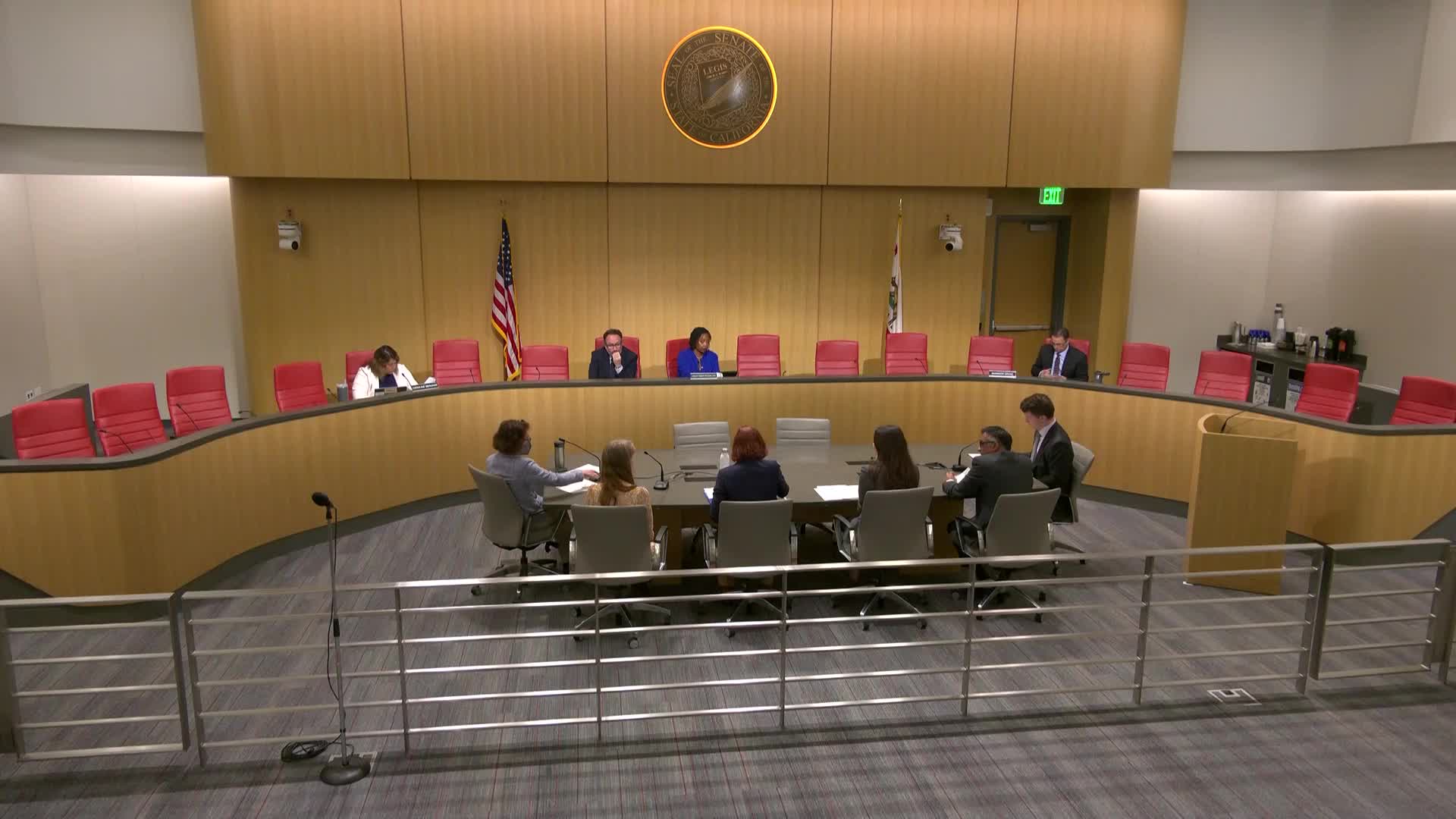Article not found
This article is no longer available. But don't worry—we've gathered other articles that discuss the same topic.
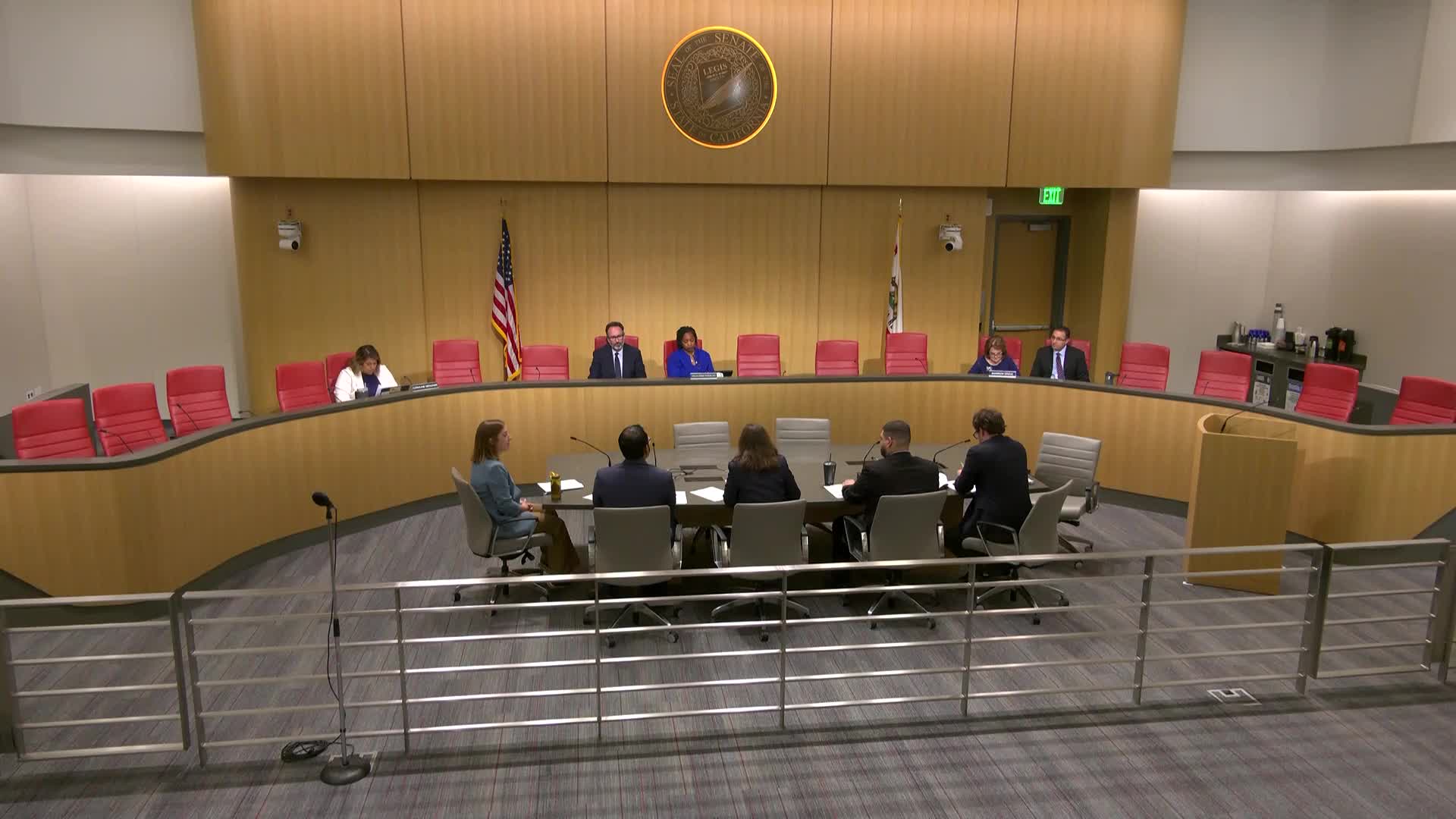
Office of Health Care Affordability draws scrutiny after board sets hospital sector targets
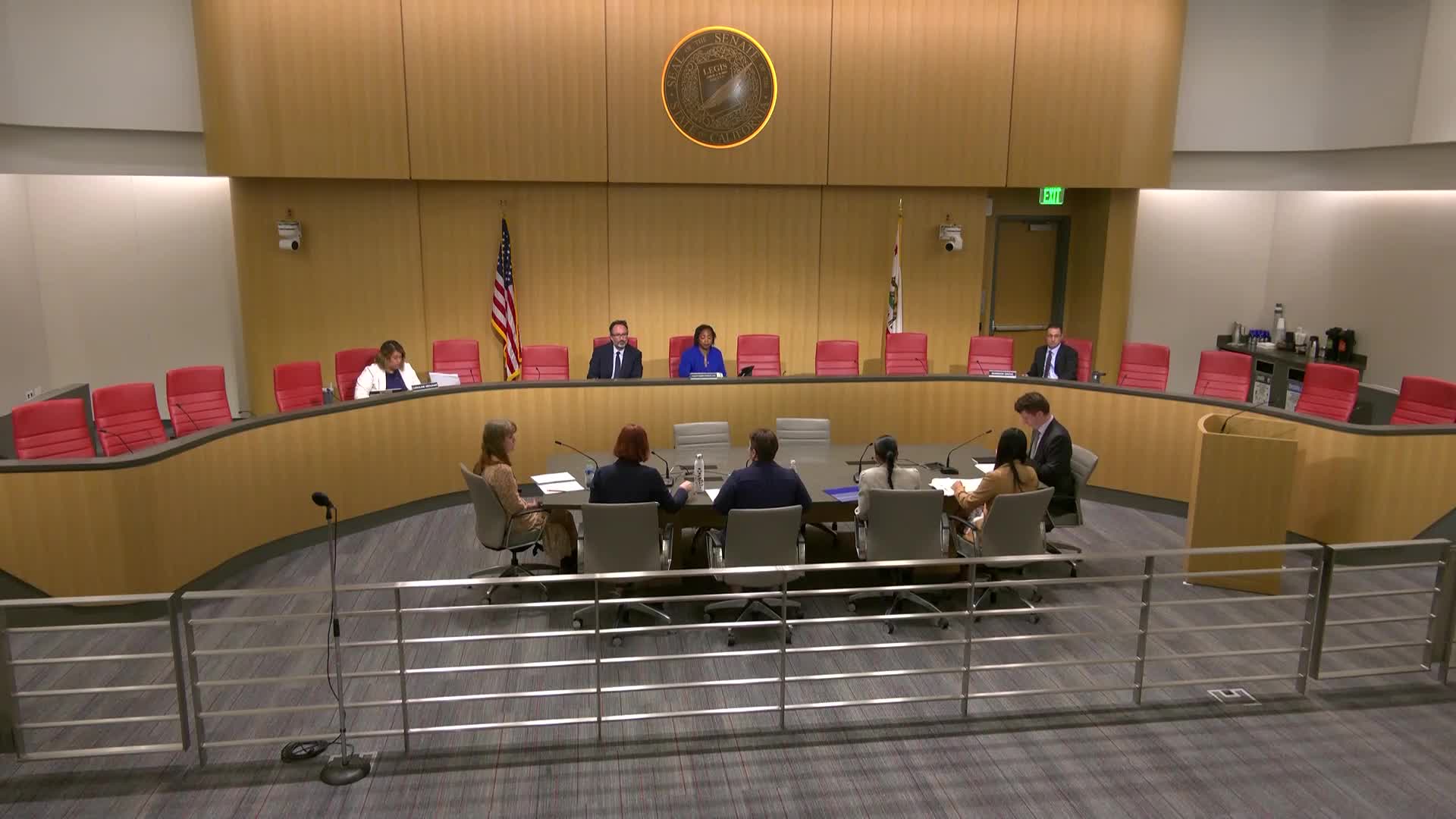
School-based fee schedule rollout slow; districts and vendors seek bridge funding
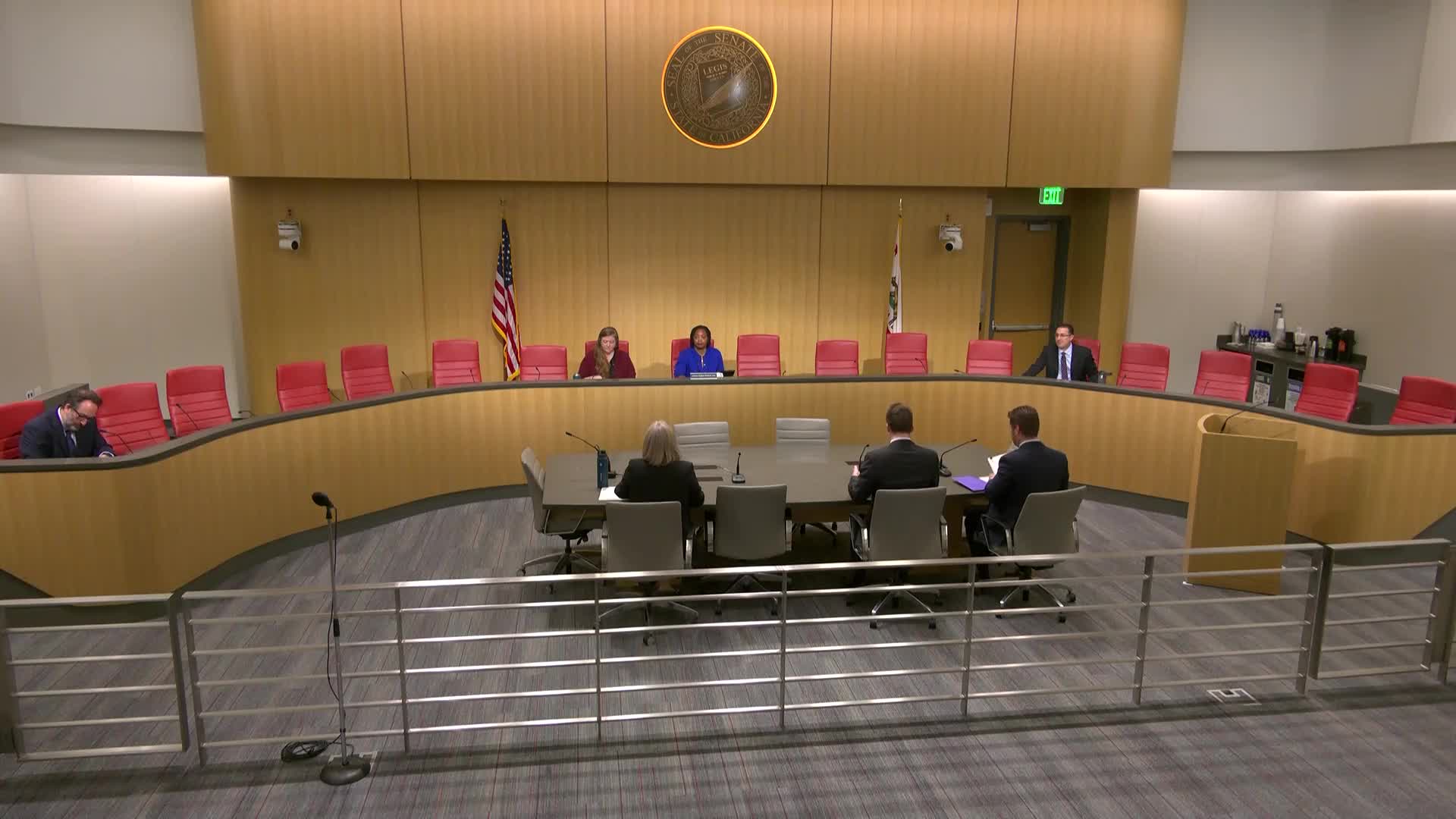
State hospitals seek $3.4 billion budget; department cites staffing, caseload shifts and ETP results
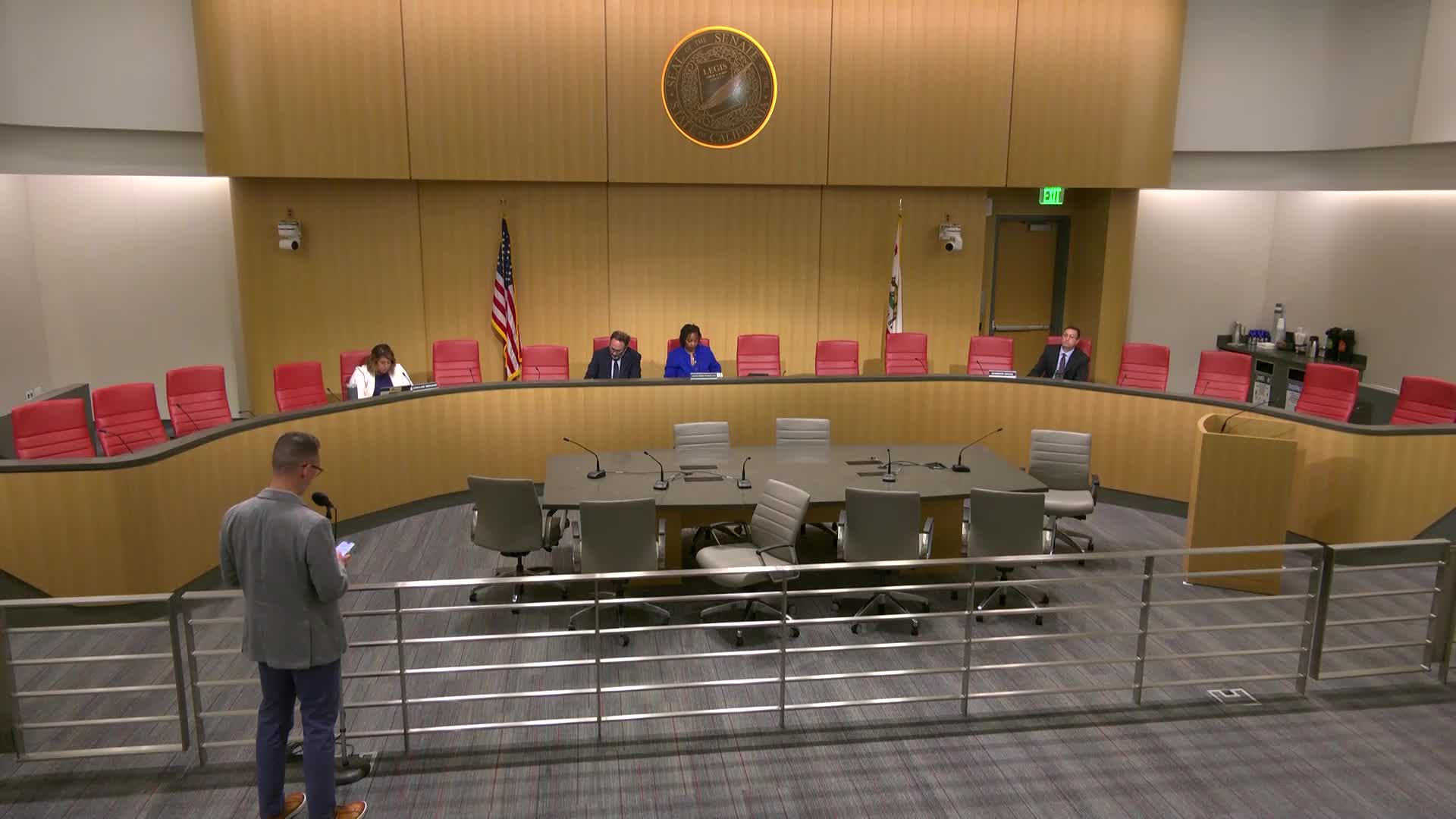
Peer-run warm line callers, providers ask Legislature for $20M annual funding to preserve statewide service
